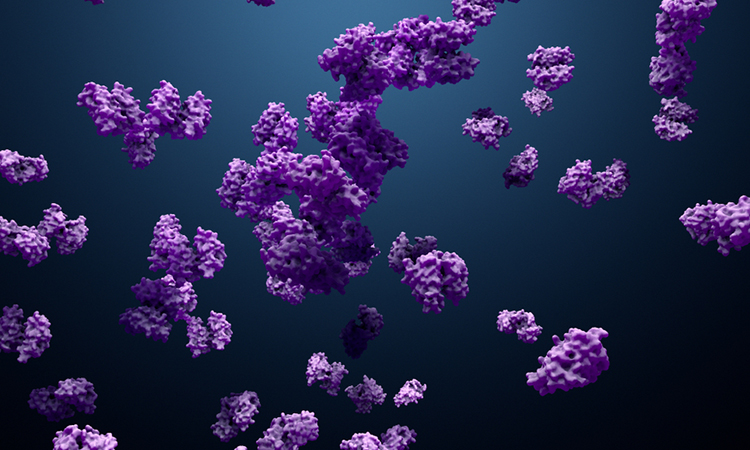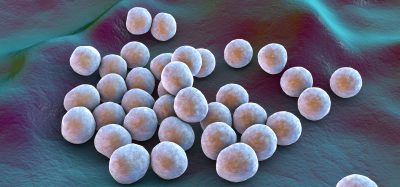First draft sequence of human proteome released
Posted: 20 October 2020 | Victoria Rees (Drug Target Review) | No comments yet
Researchers have mapped 90 percent of the human proteome, which could inform the development of new medicines.


An international research team has mapped the first draft sequence of the human proteome. The research team say that as many human diseases result from changes in the composition or functions of proteins, mapping the proteome strengthens the foundation for disease diagnosis, prediction of outcomes, treatment and precision medicine.
“Today marks a significant milestone in our overall understanding of human life,” said Professor Chris Overall, from the University of British Columbia, Canada. “Whereas the human genome provides a complete ‘blueprint’ of human genes, the human proteome identifies the individual building blocks of life encoded by this blueprint: proteins. Proteins interact to shape everything from life-threatening diseases to cellular structure in our bodies.”
With 90 percent of the proteins in the human body now mapped, Overall said scientists have a deeper understanding of how individual proteins interact to influence human health, providing insights into disease prevention and individualised medicine. The researchers also say their work may have implications for scientists studying potential treatments for COVID-19.
“In COVID-19, for instance, there are two proteomes involved, that of the SARS-CoV-2 virus and that of the infected cells, both of which likely interact with, modify and change the function of the other,” commented Overall. “Understanding this relationship can shed light on why some cells and individuals are more resilient to COVID-19 and others more vulnerable, providing essential functional information about the human body that genomics alone cannot answer.”
The team highlight that this map of the proteome could aid in disease diagnosis, prognosis, treatment and precision medicine.
“Humans share 99.9 percent of their DNA between individuals, yet deficiencies in the proteome ‘parts’ stemming from inherited genetic mutations can lead to genetic diseases, or defective or inadequate immune and cellular responses to environmental, nutritional and infection stressors,” said Overall. “Knowing which proteins are key to protection from disease and the deficiencies in expression or activity that are hallmarks of disease, can inform individualised medicine and the development of new therapies.”
The work was published in Nature Communications.
Related topics
Protein, Proteomics, Research & Development, Sequencing
Related conditions
Covid-19
Related organisations
University of British Columbia
Related people
Professor Chris Overall








